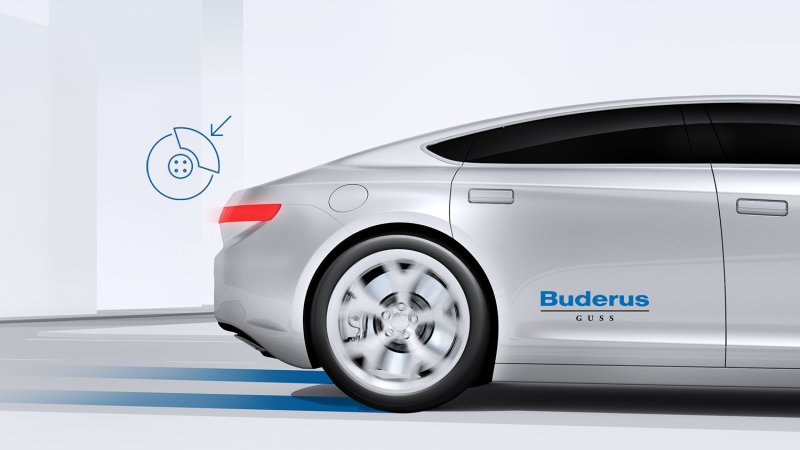Bosch's new brakes last longer, keep wheels clean and reduce emissions

While exhaust fumes make up the bulk of particulate emissions, brakes and tires are also significant contributors, with brake dust being a huge offender. Reducing brake dust could have a significant effect on a vehicle's overall impact on the environment, which is why Bosch has announced its new iDisc tungsten-coated brakes, which will reduce brake dust up to 90 percent compared to what's currently on the road.
It's difficult to make brakes sound sexy. It's not like electric turbocharging or even something like Mazda's compression ignition tech. Still, reducing brake dust and extending brake life is something you can wrap your head around. Rotors will last about twice as long, and wheels won't get as dirty, something particularly prevalent on European cars. Bosch says that braking performance is roughly the same as a carbon ceramic rotor in terms of stopping power and brake fade. These rotors won't rust, either.
The new tungsten coating is applied to cast iron rotors, giving the rotors a neat polished look as they wear in. As Bosch is the only company in the world making these rotors, it's likely the supplier for the Porsche Surface Coated Brakes on the new 2019 Cayenne, though Bosch won't say for certain.
The cost will be the biggest barrier of entry for iDisc brakes. Bosch says that they cost roughly three times as much as a standard cast iron rotor. That still makes them three times less expensive than carbon ceramics. Mass production should help reduce costs, too.
Related News


